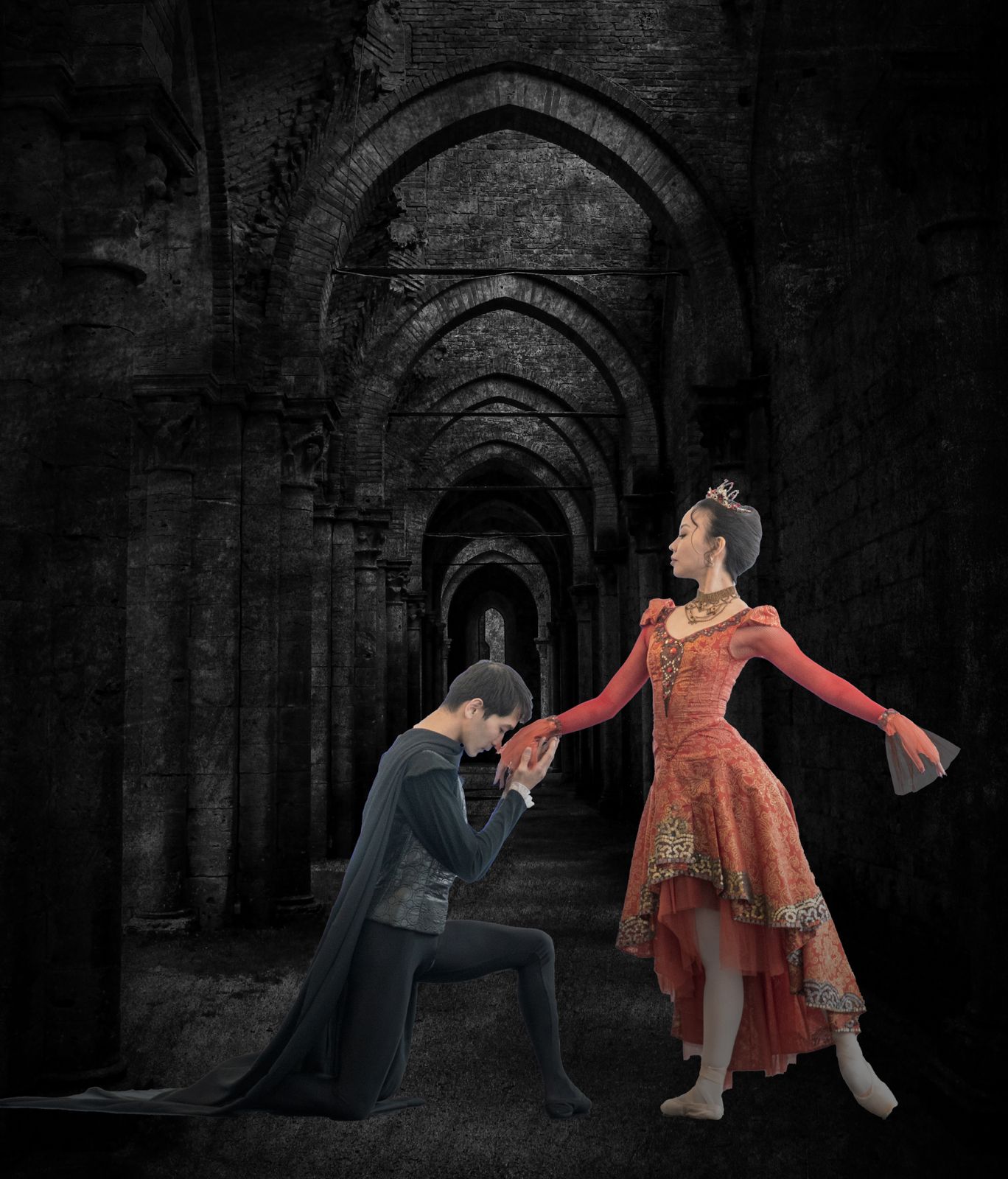The day-long, multidisciplinary event at Northwestern Qatar’s campus in Education City coincides with the ongoing exhibition on Arabic titled “The limits of my language are the limits of my world,” curated by Northwestern Qatar alumna Amal Zeyad Ali. The program will include several panel discussions featuring both local and regional voices, each focusing on a unique theme, as well as two performances and a variety of collateral activities.
The first panel, “Screens and Scripts: The Future of Arabic in Media,” will focus on the evolving role of the Arabic language across various media platforms, from traditional news outlets to modern streaming services and social media channels. Participating speakers include Lebanese director and screenwriter Amanda Abou Abdallah, award-winning filmmaker and Northwestern Qatar associate professor Rana Kazkaz, and producer Hussein Fakhri. They will discuss how Arabic is being adapted to meet the demands of a global audience while preserving its cultural nuances in a conversation moderated by Ibrahim N. Abusharif, associate professor in the Journalism and Strategic Communication Program at Northwestern Qatar.

The second panel, “Algorithms and Alphabets: Advancing Arabic in Technology,” will focus on how Arabic interfaces with emerging technologies. Nizar Habash, professor of computer science at NYU Abu Dhabi, Salma Elkhaoudi, PhD in anthropology graduate from Stanford School of Humanities and Sciences, and Houda Bouamor, associate teaching professor of information systems at Carnegie Mellon University in Qatar, will sit down in conversation with Wajdi Zaghouan, associate professor at Northwestern Qatar, to discuss new processing tools for the Arabic language, the challenges of developing culturally and linguistically sensitive AI systems, and the future possibilities for Arabic in the global tech landscape.
In the final panel, Enam Al-Wer, professor in the Department of Language and Linguistics at the University of Essex, Lebanese author Omar Thawabeh, and Layan Abdul Shakoor, founder and creative director at Saudi-based writing and publishing house Mauzoun, will explore the evolving landscape of Arabic publishing. The conversation will focus on the interaction between Classical Arabic and various colloquial dialects in literature and publishing. They will also examine emerging trends in both digital and traditional publishing, the role of translations in bridging linguistic divides, and innovative strategies for navigating the complexities of a diverse linguistic landscape.
Alongside the panels, the program will feature a musical performance by DJ Amen Ra, who will take audiences on an immersive musical journey across the Arabic-speaking world. The program will conclude with a live performance by Bedouin Burger, a musical duo featuring Lynn Adib and Zeid Hamdan.
The day-long symposium at Northwestern Qatar exemplifies the public engagement the media majlis museum promotes, featuring conversations, debates, performances, and networking on the Arabic language in media, tech, and publishing. Collaborating with afikra enhances our connection with Arab communities and enriches the storytelling of Arabic culture for younger audiences.
Alfredo Cramerotti, director of mm:museum

This symposium is part of an ongoing collaboration between media majlis museum and afikra, which also includes a three-episode podcast series. exploring the Arabic language, culture, and identity jointly produced and published on The afikra Podcast Network. The inaugural episode featured curator Amal Zeyad Ali in conversation with afikra founder Mikey Muhanna. on language’s impact on the worldview and whether Arabic can be considered a language of the future. The second episode featured Jordanian-American philologist, epigraphist, and language historian, Ahmad Al-Jallad, who examined the origin and evolution of the Arabic language and its transformation into diverse dialects.
In the third podcast episode premiering on October 23, Muntasir Al Hamad discusses the nuances between ‘amiyya, fasiha, and fusha, the local flavors that dialects offer, and the future of teaching Arabic to non-native speakers. Al Hamad is a specialist in comparative Semitic languages, syntax, and grammar, currently serving as an associate professor at Qatar University, where he also works at its Arabic for Non-Native Speakers Center.
afrika: “afikra’s podcast network has been broadcasting some of the smartest conversations about the histories and cultures of the Arab world past, present and future, almost daily. We’re excited to add the media majlis museum podcast series to our 20+ specialized podcasts, which will be dedicated to the history and intricacies of one of the most powerful and debated languages in the world.”
Link to RSVP for the event: https://www.afikra.com/rsvp/doha/media-majlis-symposium.



